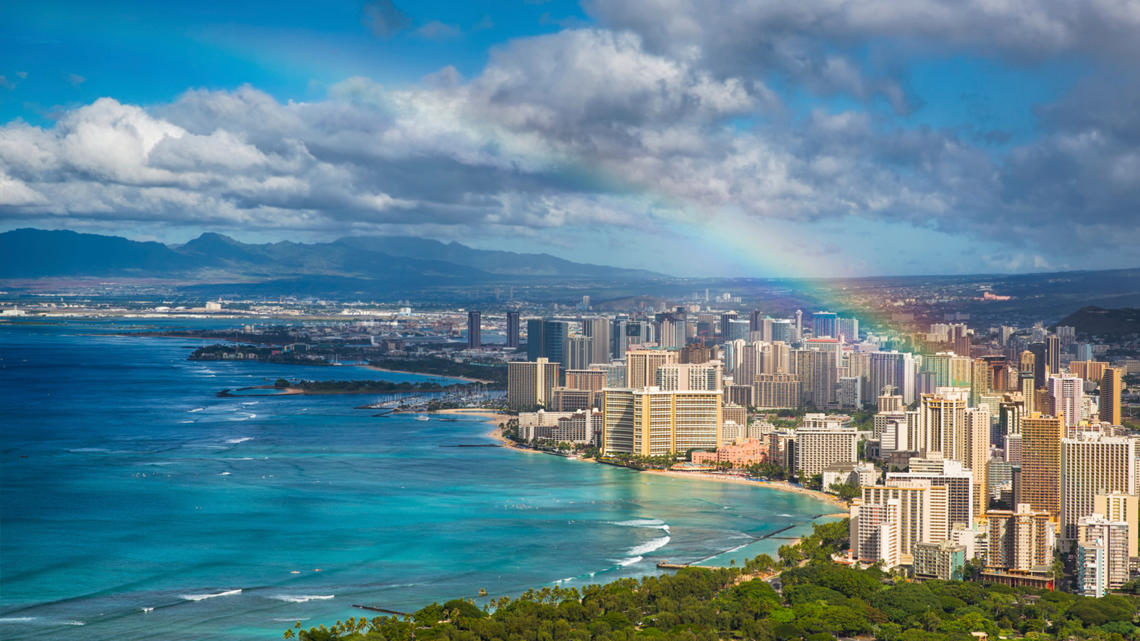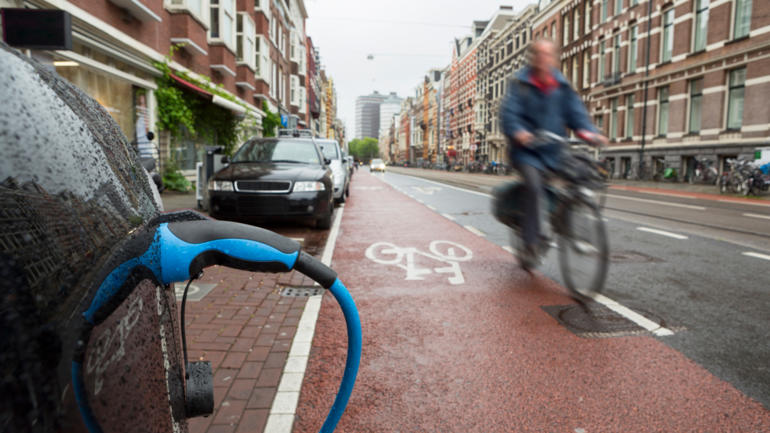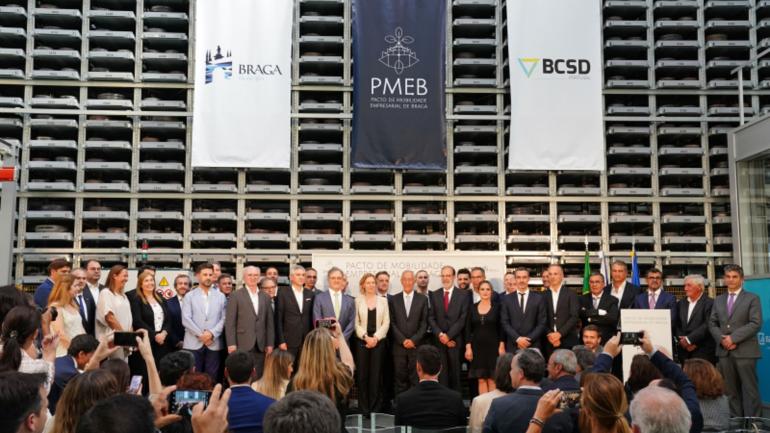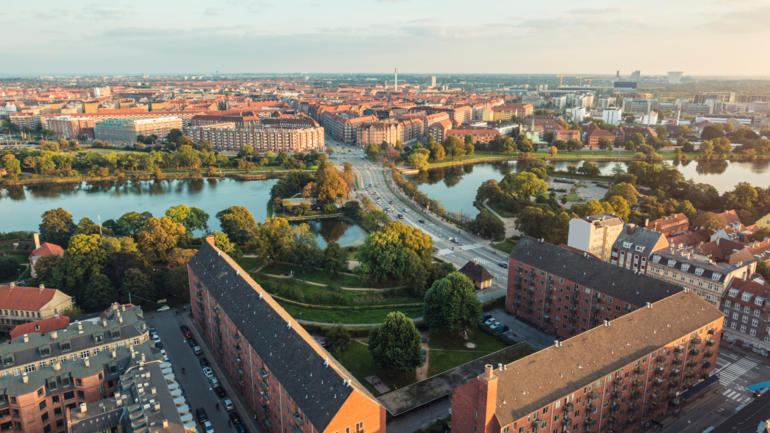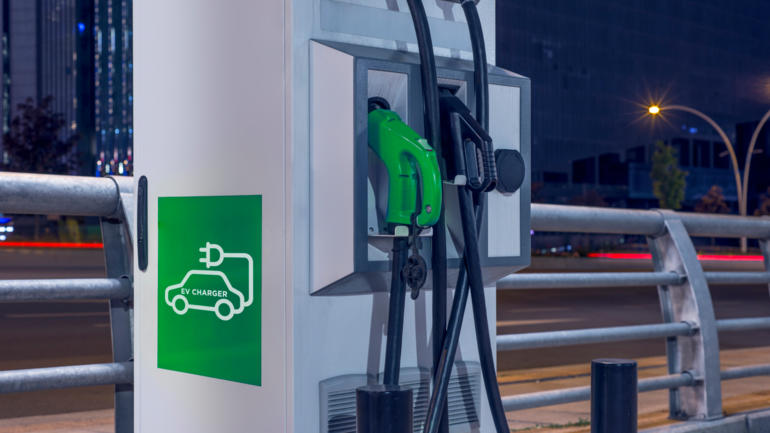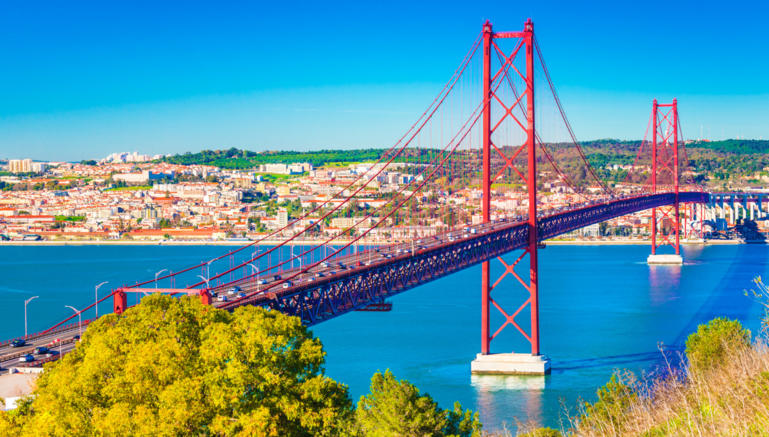The cities involved in the SMP2.0 are Bangkok, Campinas, Chengdu, Hamburg, Indore and Lisbon.
The meeting started with a tour of Lisbon to experience the various aspects of the mobility system. The tour highlighted some of the good examples of innovative sustainable mobility within the city. The following morning, the wonderful Sala Arquivo in the Lisbon City Hall saw lively discussions on the mobility challenges facing the cities. The meeting highlighted the experiences of each city and how these, combined with the expertise of the WBCSD member companies, could benefit others in developing and implementing innovative solutions to progress sustainable mobility in their cities.
At the summit two pieces of work were presented; mobility indicators and financing mobility solutions. As part of the SMP2.0, the WBCSD has developed a set of mobility indicators that constitute a measure of the sustainability of a city’s mobility system. The definitions and methodologies used in establishing the SMP sustainable mobility indicators were published this week with the cities who have helped in developing them. A follow-up publication containing practical advice for measurement will be launched later this year.
Finally, the availability of funding options for sustainable mobility were presented. Scarce financial resources have been a common challenge for all the cities. This work is now being developed into a report. The report will review the different sources of funding and provide guidance to the cities in managing the financial aspects of the desired changes to the mobility system.

